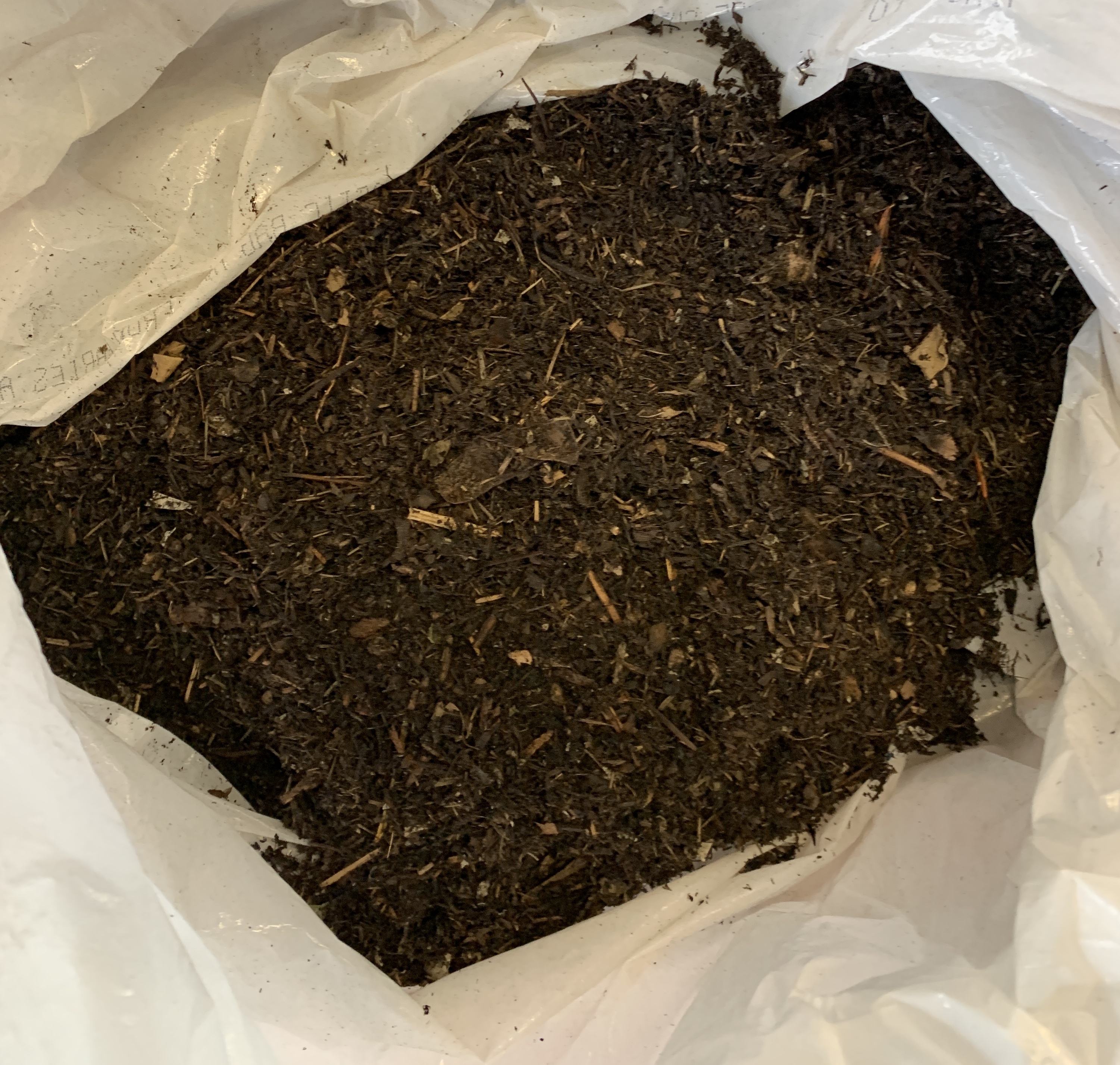|
Diaper Stork Compost Pilot Update We are excited to be wrapping up the grant funded portion of our diaper compost study. We have learned so much and appreciate everyone’s participation as we work toward a greener future.
We are excited to be wrapping up the grant funded portion of our diaper compost study. We have learned so much and appreciate everyone’s participation as we work toward a greener future.
We initiated our project with a small-scale study in the lab, allowing us to assess various factors influencing the composting process. Multiple diaper brands were tested, and we found the Boo branded diaper to be the most promising for our larger-scale pilot. Study results revealed that the outer portion of the diaper biodegrades slowly, and further insights will be gained during the curing process in the next phase. Additionally, the Super Absorbent Polymer (SAP), the absorbent particles in the diaper, can impact the compost pile's moisture level, necessitating extra monitoring and water addition.
For the large-scale pilot, we formed a partnership with an experienced composter in Washington, known for pioneering experiments with non-traditional materials. After collecting customer diapers, we conducted multiple trials, testing various pre-processing methods (whole, cut, shredded, etc.) and load rates (different combinations of green waste to diapers). Each compost batch requires a minimum of three weeks to heat up, effectively eliminating pathogens like Salmonella. Following this phase, compost piles undergo a prolonged curing period, allowing biodegradable materials to break down with the assistance of fungal organisms. Throughout the process, samples of our compost trials in different stages were analyzed in a soil control lab to determine the safety, maturity, and stability of the compost. .jpg)
We are currently in the final trial, where all the knowledge gained is being put to the test. The data obtained will enable us to assess commercial viability, initiate the permitting process, and identify additional funding sources.
Looking ahead, we plan to continue at a small scale, at least until March 2024. The cost of composting at a small scale, given the complex factors of biosolids and diaper materials, is substantial, surpassing the expenses of operating our cloth service. Despite the conclusion of grant funding, Diaper Stork remains committed to subsidizing the composting costs because of our belief in the program. However, moving forward, customers will be asked to contribute more toward the true cost.
As we continue our projects, we hope to gain valuable insight into the diaper composting process without compromising our standards for sustainability and equity. We envision a local, sustainable, and equitable option that keeps disposable diapers out of landfills and transforms them into usable compost products. |
